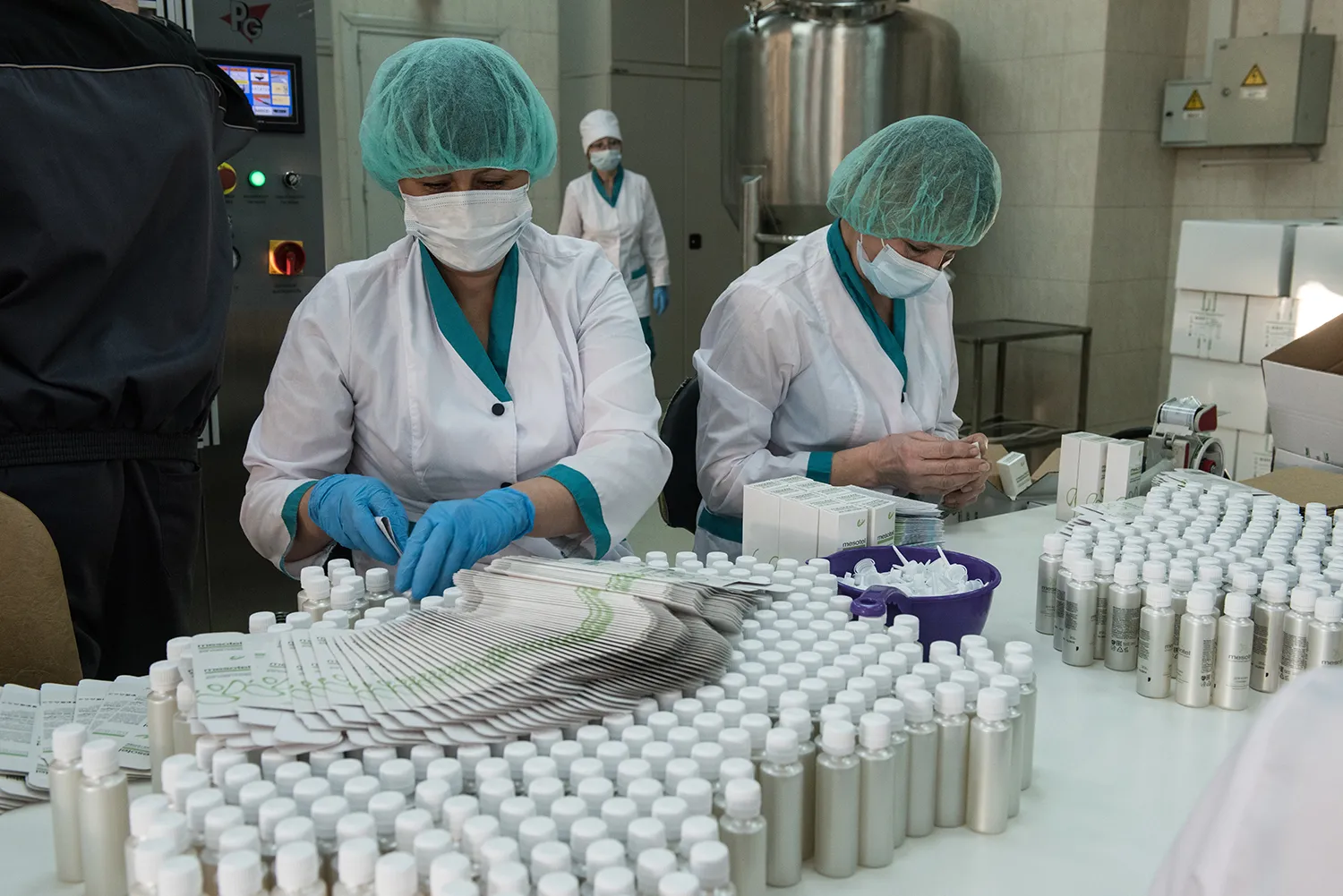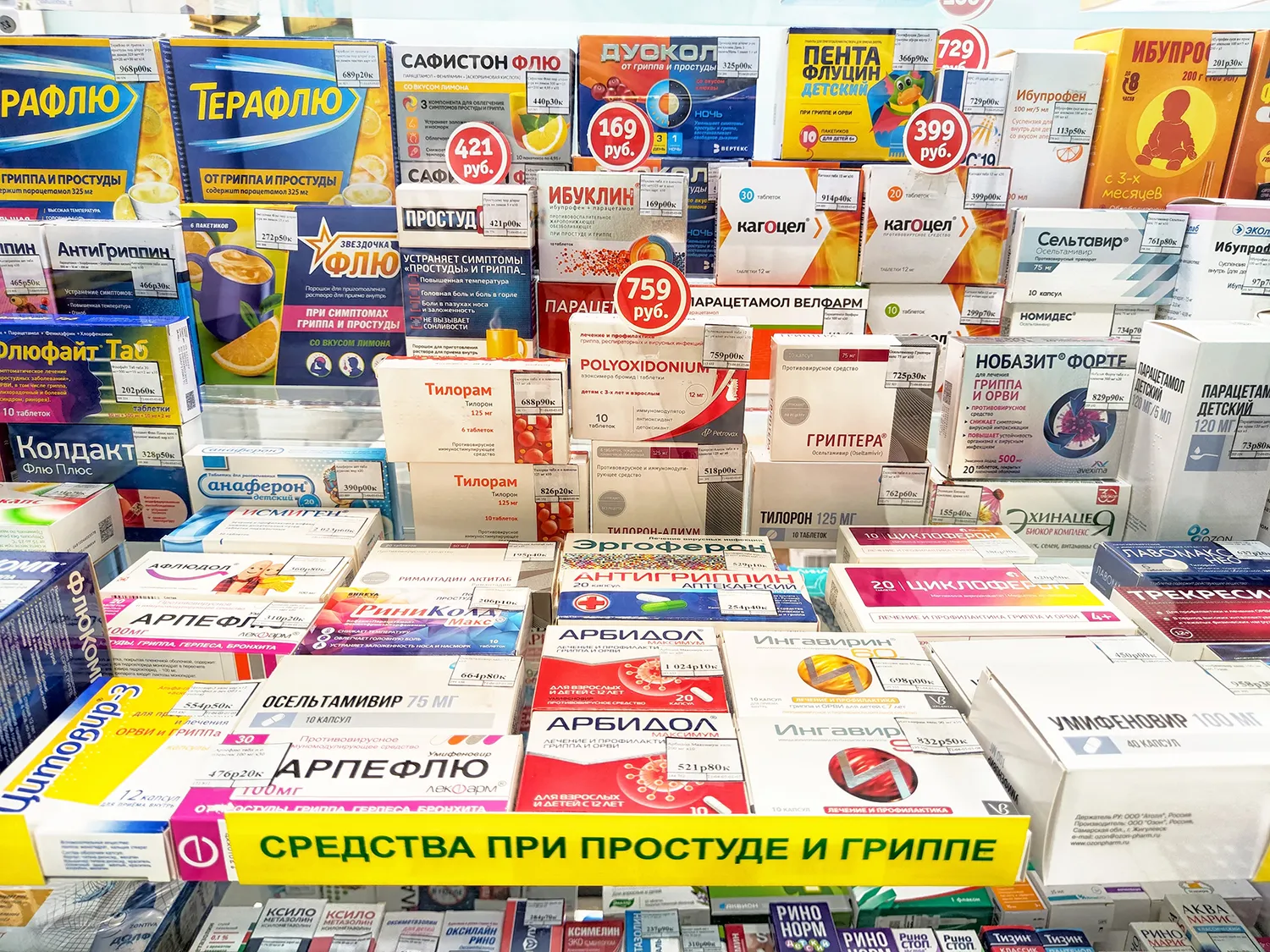Digital Shield: How Russian Track-and-Trace Platforms Are Reshaping Global Pharma Logistics

Russia’s digital anti-counterfeit platforms are no longer just national tools—they’re emerging as strategic exports, delivering transparency and trust to pharmaceutical supply chains in the Global South.
From Code to Checkout: Securing the Supply Chain
Russia’s track-and-trace platform 'Chestny ZNAK' has transitioned from a domestic pilot to a fully operational digital marking system. As of 2025, it enforces real-time authentication of every drug package from factory to pharmacy. Integrated with the national Drug Movement Monitoring System (MDLP) and point-of-sale registers, the platform blocks transactions involving expired or counterfeit drugs.
At the core of the technology is a cryptographically protected DataMatrix code, which encodes production details, origin, and expiration dates. This code is registered with the government database and can be verified by any pharmacy or end user via mobile app.

A Digital Ecosystem from Factory to Patient
Pharmaceutical logistics in Russia now operate as a synchronized digital pipeline. Manufacturers receive unique codes, print them on packaging, and enter goods into circulation. Distributors confirm batch receipt and move items through retail or clinical networks. When a pharmacy sells a drug or a hospital administers it, the code is deactivated in the system.
Since June 1, 2025, any attempt to sell prohibited or expired drugs triggers an automatic block at the cash register—thanks to deep integration across regulatory and commercial platforms.
Turning Consumers into Compliance Agents
With the 'Chestny ZNAK' app, users can scan a drug and instantly verify its authenticity. If the product is flagged as counterfeit, they can file a report directly to regulators. This decentralized approach transforms patients into active participants in protecting the pharma supply chain—creating a 'living shield' against illegal distribution.

Global Demand for Trusted Supply Chains
Countries in the Global South face a dual crisis: weak pharmaceutical oversight and a flood of fake or expired medications. Russia’s model offers a fast-track solution, already adapted for Kazakhstan and Uzbekistan.
The system’s flexible IT stack integrates code generation, serialization, reporting, and analytics. Partners like IBS and TraceLink ensure compatibility with international standards, allowing localized deployment without compromising control or data sovereignty.
Digital Sovereignty and Open-Source Flexibility
Unlike Western proprietary systems, Russia’s platforms are delivered with open licensing and source code availability. That enables countries to adjust logic, language, and data flows while maintaining independence.
Its lightweight hardware requirements and intuitive interface make the system easy to roll out in regions with limited infrastructure—key for developing countries prioritizing cost efficiency and rapid implementation.
Health Security as Humanitarian Strategy
This export is more than tech—it's humanitarian infrastructure. Russia’s digital solutions help reduce mortality from counterfeit drugs and support institutional trust in fragile health systems.
By offering a full-stack, scalable toolset that includes mobile apps, integration support, and training resources, Russia positions itself not only as a supplier—but as a partner in global health sovereignty.









































